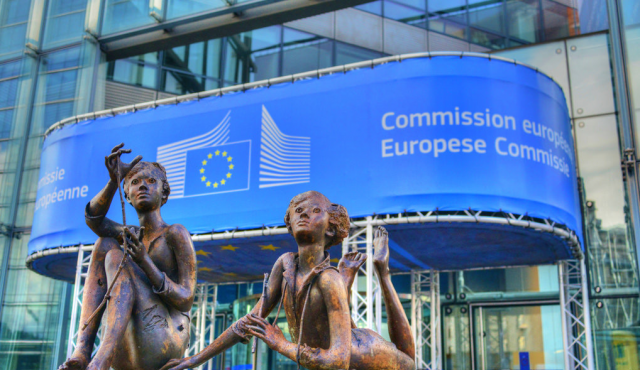 Topic
Topic
This research aims to provide the project with a common theoretical framework, a common vocabulary and a set of methodological tools. It concentrates on theory building and examining the input, output, and throughout processes in European institutions. It examines the role of expert networks in European modes of governance, especially explaining patterns of policy innovation and governance change (or stability). The research will also analyze how certain discourses were deployed by institutional actors to legitimate policies deployed within the EU and championed by its supranational institutions; explore the theoretical implications of how time is important for European modes of governance, to develop ENLIGHTEN’s concept of fast- and slow-burning crises; and assess the implications of changing modes of governance for the legitimacy of the European project overall.
For non-academic partners, this research is also the occasion to provide a scientific background and support to their advocacy on several key challenges. It also sets new analytical frameworks and perspectives for their daily work.
People involved
UNIVERSITÉ LIBRE DE BRUXELLES (ULB)
COPENHAGEN BUSINESS SCHOOL (CBS)
Key products
-
Working papers on
- The ‘new’ EU governance: ‘new’ intergovernmentalism versus ‘new’ supranationalism plus ‘new’ parliamentarism (Vivien A. Schmidt)
- From one Semester to the next: towards the hybridization of new modes of governance in EU policy (Ramona Coman & Frederik Ponjaert)
- What ‘Brussels’ means by structural reforms (Amandine Crespy & Pierre Vanheuverzwijn)
Scientific Publications
Legitimacy of European Modes of Governance (WP1)
- How the Commission Fills in the Blanks of the European Semester, by Pierre Vanheuverzwijn
- How have EU ‘Fire-fighters’ Sought to Douse the Flames of the Eurozone’s Fast- and Slow-Burning crises? The 2013 Structural Funds Reform, by Ramona Coman
- ‘Power through, over and in ideas’, by Carstensen and Schmidt.
- Why and how do think tanks expand their networks in times of crisis? The case of Bruegel and the Centre for European Policy Studies, by Ramona Coman (ULB)
- Europe’s fast- and slow-burning crises, by Seabrooke and Tsingou (CBS)
Key events
- Scientific Workshop European Legitimacy in Governing (December 2015/May 2016)
- Network Conference: Controversial Approaches towards European Solidarity – From Burden Sharing To Integration, ” (May 2017).
- Final Agora Forum: Learning the lessons from the fast-burning crises & challenging the policy blindspots feeding the slow-burning crises.
Our news
- Controversial Approaches towards European Solidarity: from Burden Sharing to Integration
- [#EUEA17] Professor Vivien Schmidt discusses European solidarity in challenging times
- What Future for Transatlantic Solidarity?An academic debate between Professors Mario Telò, Richard Higgot, Anne Weyembergh, Karel de Gucht and Alexander Mattelaer
